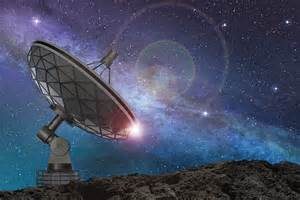By John Kanelis / johnkanelis_92@hotmail.com
A few of the leading media talking heads have been yapping lately about unidentified flying objects.
Which brings me to this question: Do I believe in UFOs?
You bet I do!
Now, before you think I have flown off the rails, I need to stipulate one important caveat: I do not believe that UFOs are alien beings that have flown to Earth to invade us, to observe us, or to just make us ask dumb questions.
I also want to stipulate that I have seen hundreds of UFOs over my more than seven decades on Earth. I don’t what they are. Hence, they were “unidentified.” However, this speculation from some media types about whether the UFOs might be from some world out there carries as much weight as the discussions about a second gunman in Dealey Plaza the day President Kennedy was murdered … which is to say that I believe Lee Harvey Oswald acted all by himself.
This UFO chatter serves only to give some folks something about which to talk. That’s it.
I am not inclined to get into any discussion about whether we’ve been visited by space creatures. It’s just not in my wheelhouse.
However, we need to come up with another name for those things we see that we cannot identify. The term “UFO” takes on an entirely different meaning that it does not deserve.

